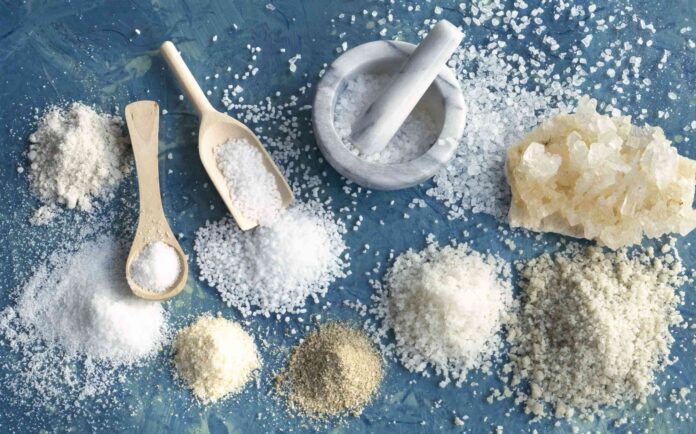Most adults should consume no more than 2,300 milligrams of sodium daily. However, many exceed this limit, increasing their risk of heart disease and related complications. Understanding your sodium intake – and why it matters – is crucial for long-term health.
Why Sodium Matters
Sodium isn’t just table salt. It’s an essential mineral that your body uses for vital functions:
- Nerve and Muscle Function: Sodium helps transmit signals between your brain and muscles.
- Fluid Balance: It regulates the amount of water in your body.
- Blood Volume and Pressure: Sodium helps maintain the correct blood volume, influencing blood pressure.
While essential, too much sodium can lead to serious health issues.
The Risks of Excess Sodium
Approximately 90% of Americans consume more than the recommended daily amount, averaging over 3,400 milligrams. Chronic high sodium intake leads to:
- Fluid Retention: Your body holds onto excess water.
- High Blood Pressure: A major risk factor for heart disease, stroke, and kidney damage.
- Increased Risk of Life-Threatening Conditions: Including heart attack, stroke, and chronic kidney disease.
The World Health Organization estimates that lowering global sodium intake to recommended levels could prevent 2.5 million deaths annually.
What About Too Little Sodium?
While excess sodium is a greater concern, severely restricting sodium intake can also be harmful. A review of studies found that people consuming less than 3,000 milligrams daily had a higher risk of heart attack, stroke, or heart failure compared to those consuming 3,000–6,000 milligrams.
However, this research has limitations. The study relied on single urine samples for sodium assessment and didn’t prove a direct cause-and-effect relationship. Current guidelines from the FDA and American Heart Association still prioritize limiting sodium due to the well-established risks of excess.
Who Needs More (or Less) Sodium?
Certain individuals may require adjustments to their sodium intake:
Need More:
- Heavy Sweaters: Intense physical activity or hot climates lead to sodium loss through sweat.
- Long-Duration Exercisers: Prolonged endurance activities deplete sodium stores.
- Specific Medical Conditions: Rare conditions like Bartter syndrome cause excessive sodium loss through urine. Consult a doctor.
Need Less:
- Diabetes: Increases sodium sensitivity.
- High Blood Pressure: Excess sodium exacerbates the condition.
- Kidney Problems: Impaired kidney function makes it harder to regulate sodium.
- Age (50+): Sodium sensitivity increases with age.
- Black Americans: Studies show increased sodium sensitivity in this population.
How to Reduce Your Sodium Intake
The vast majority of dietary sodium comes from processed foods. The FDA estimates that 70% of the average adult’s intake comes from these sources. Consider these examples:
- Canned Soup (1 cup): Over 900 milligrams.
- Salad Dressing (¼ cup): Nearly 700 milligrams.
- Frozen Pizza (whole): Over 1,600 milligrams.
Even seemingly healthy foods can be high in sodium. A blueberry scone may contain over 750 milligrams.
Fresh, whole foods are naturally low in sodium:
- Raw Spinach (1 cup): 24 milligrams.
- Raw Celery (1 cup): 81 milligrams.
Practical Tips for Lower Sodium Consumption
- Read Nutrition Labels: Compare sodium content between brands.
- Choose Lower-Sodium Options: Opt for reduced-sodium versions of your favorite foods.
- Eat More Fresh Foods: Prioritize fruits, vegetables, and lean proteins.
- Limit Processed Foods: Reduce your intake of canned goods, frozen meals, and fast food.
- Cook at Home More Often: Control sodium levels by preparing your own meals.
- Request Lower-Sodium Options When Dining Out: Ask restaurants to reduce salt in your dishes.
Conclusion
Sodium is essential for life, but moderation is key. Most people consume far too much, increasing their risk of serious health problems. By understanding your individual needs and making informed choices, you can protect your health and reduce your risk of sodium-related complications























